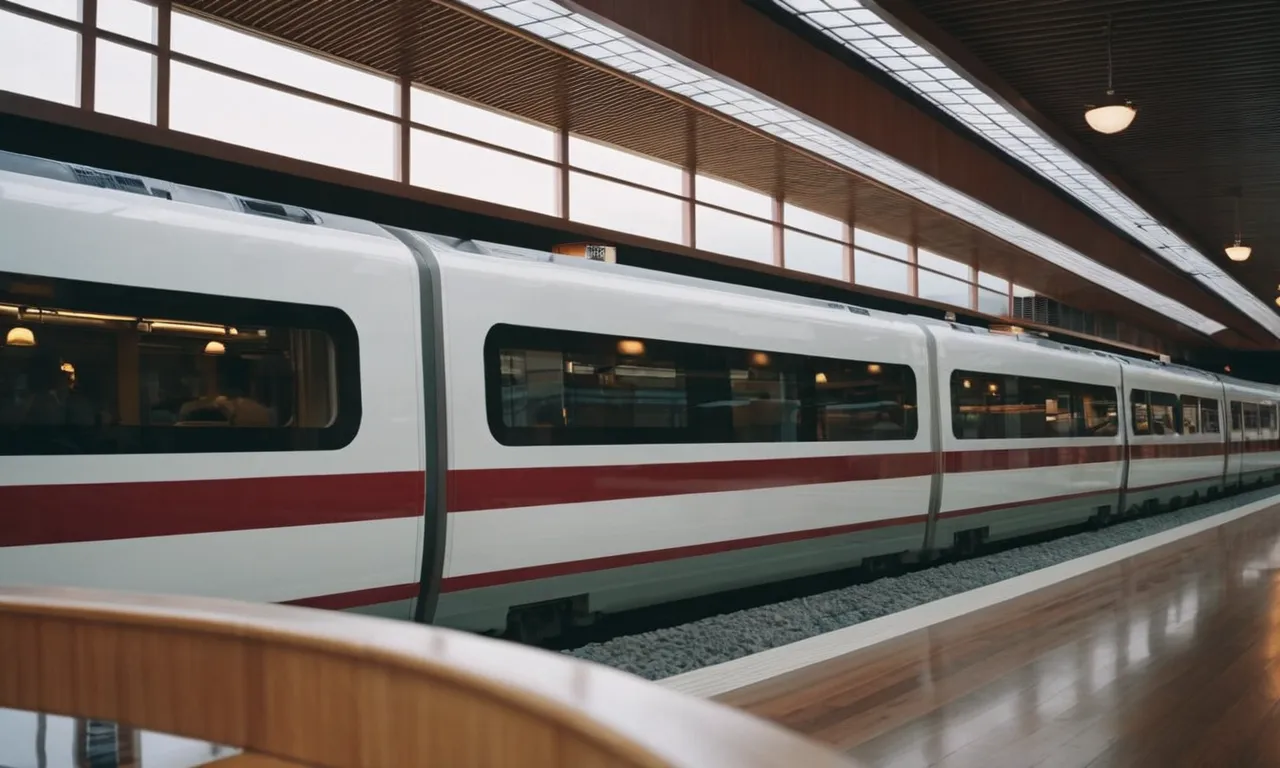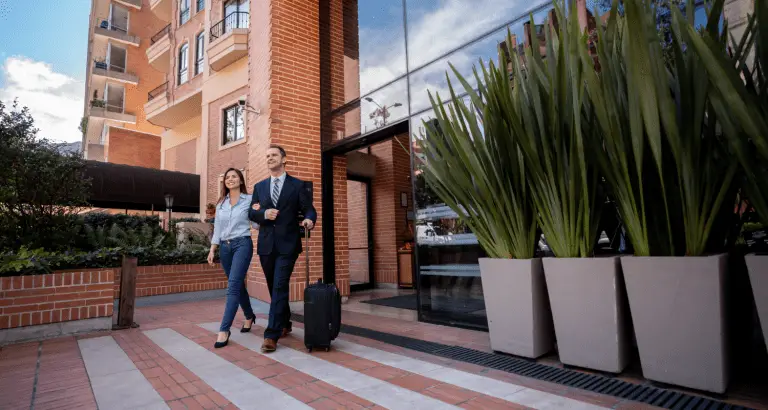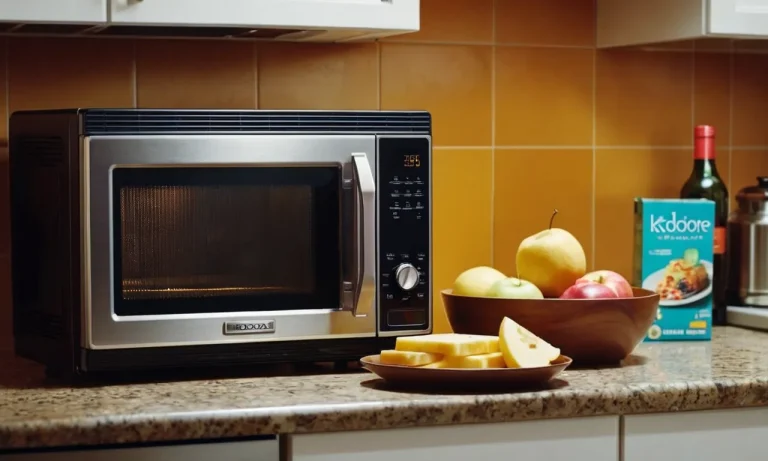How Much Does A 7 Day Trip To Japan Cost? A Comprehensive Guide
Exploring the captivating land of Japan is a dream for many travelers, but the cost of such an adventure often raises questions. If you’re planning a 7-day trip to this fascinating country, it’s essential to understand the expenses involved to ensure a smooth and enjoyable experience.
If you’re short on time, here’s a quick answer to your question: A 7-day trip to Japan can cost anywhere between $1,500 to $3,000 or more per person, depending on your travel style, accommodation preferences, and the activities you plan to undertake.
In this comprehensive guide, we’ll delve into the various factors that influence the cost of a 7-day trip to Japan, including transportation, accommodation, food, and sightseeing. We’ll also provide tips and strategies to help you plan a budget-friendly adventure without compromising on the quality of your experience.
Transportation Costs
When planning a trip to Japan, transportation costs are a significant factor to consider. Whether you’re flying from across the globe or exploring the country’s intricate network of trains and buses, getting around in Japan can be an adventure in itself.
Let’s delve into the details of this crucial aspect of your journey.
Airfare
The cost of airfare can vary greatly depending on your departure point, travel dates, and airline. According to Kayak, a popular travel search engine, the average round-trip airfare from the United States to Tokyo ranges from $800 to $1,200.
However, savvy travelers can often find deals and discounts by booking well in advance or taking advantage of airline sales. Websites like Scott’s Cheap Flights can help you snag incredible flight deals to Japan.
Getting Around Japan
Once you’ve arrived in Japan, you’ll have several options for getting around the country. The iconic shinkansen (bullet trains) are renowned for their speed, punctuality, and comfort. A Japan Rail Pass can be a great investment if you plan on extensive travel, with prices ranging from ¥29,110 (around $200) for a 7-day pass to ¥59,350 (around $415) for a 21-day pass.
Alternatively, domestic flights can be a time-saving option for longer distances, with prices varying based on the airline and route.
For urban exploration, Japan’s efficient public transportation systems, including subways, buses, and taxis, make getting around cities like Tokyo and Kyoto a breeze. Consider purchasing a prepaid IC card like Suica or PASMO to seamlessly hop on and off trains and buses without the hassle of buying individual tickets.
🚉 These cards can be recharged as needed and often offer discounts on certain routes.
Rental Cars vs. Public Transportation
While renting a car can provide flexibility and independence, it may not be the most practical or cost-effective option for many travelers in Japan. The country’s extensive public transportation network makes it easy to get around without the added costs of fuel, parking fees, and potential navigation challenges.
However, if you plan on exploring remote areas or prefer the freedom of a personal vehicle, rental car prices can range from ¥5,000 to ¥15,000 (around $35 to $105) per day, depending on the car type and rental company.
Here’s a handy comparison table to help you weigh your options:
| Public Transportation | Rental Car | |
|---|---|---|
| Cost | Relatively inexpensive, especially with a Japan Rail Pass | Higher daily rates, plus fuel and parking costs |
| Convenience | Extensive network, frequent service | Greater flexibility, but navigation can be challenging |
| Accessibility | Excellent coverage in major cities and tourist areas | Allows access to remote or off-the-beaten-path destinations |
No matter which mode of transportation you choose, Japan offers a wealth of options to suit your travel style and budget. With a little planning and research, you can make the most of your journey and experience the country’s incredible sights and sounds without breaking the bank. 😍
Accommodation Expenses
When planning a trip to Japan, one of the biggest expenses you’ll need to consider is accommodation. Japan offers a wide range of options to suit different budgets and preferences, from traditional ryokans to modern hotels, hostels, and vacation rentals.
Let’s take a closer look at the various accommodation options and their approximate costs.
Hotels and Ryokans
Japan is famous for its ryokans, traditional Japanese inns that offer a unique cultural experience. Ryokans typically feature tatami mat rooms, onsen (hot spring) baths, and kaiseki multi-course meals.
The cost of staying in a ryokan can vary greatly, with budget options starting around ¥10,000 (around $90) per night, while luxury ryokans can cost upwards of ¥50,000 (around $450) per night.
For those seeking a more modern accommodation experience, Japan has a vast array of hotels ranging from budget to luxury. In major cities like Tokyo and Osaka, you can find budget hotel rooms for as low as ¥5,000 (around $45) per night. However, these rooms tend to be quite small and basic.
Mid-range hotels typically cost between ¥10,000 to ¥20,000 (around $90 to $180) per night, while luxury hotels can easily exceed ¥30,000 (around $270) per night. According to the Japan National Tourism Organization, the average daily rate for hotels in Japan is around ¥15,000 (around $135).
Hostels and Capsule Hotels
For budget-conscious travelers, hostels and capsule hotels offer an affordable alternative. Hostels in Japan typically charge between ¥2,000 to ¥5,000 (around $18 to $45) per night for a dorm bed. Some popular hostel booking sites like Hostelworld and Hostelbookers have a wide selection of hostels in major cities.
Capsule hotels, which offer compact sleeping capsules, are a uniquely Japanese experience and can cost as little as ¥3,000 (around $27) per night.
Airbnb and Vacation Rentals
Airbnb and other vacation rental platforms have become increasingly popular in Japan, offering travelers the opportunity to stay in unique accommodations and experience local neighborhoods. The cost of vacation rentals can vary greatly depending on the location, size, and amenities.
On average, you can expect to pay around ¥8,000 to ¥15,000 (around $70 to $135) per night for a one-bedroom apartment in a major city like Tokyo or Kyoto. According to Airbnb’s data, the average nightly rate for an entire home in Japan is around ¥12,000 (around $108).
No matter which accommodation option you choose, it’s always a good idea to book well in advance, especially during peak travel seasons, to ensure availability and potentially score better deals. With a little research and flexibility, you can find an accommodation that suits your budget and preferences, allowing you to fully immerse yourself in the rich culture and beauty of Japan.
😊
Food and Dining Costs
One of the highlights of any trip to Japan is the incredible culinary experience. From traditional multi-course kaiseki meals to humble yet delicious street food, Japan offers a diverse range of dining options to suit every budget and palate.
However, the costs associated with dining in Japan can vary greatly depending on your choices.
Eating at Restaurants
Dining at restaurants in Japan can be an expensive endeavor, especially if you opt for high-end establishments or Michelin-starred eateries. A typical meal at a mid-range restaurant in Tokyo can cost anywhere from ¥2,000 to ¥5,000 (approximately $18 to $45) per person, excluding drinks.
If you’re looking to indulge in a multi-course kaiseki meal, be prepared to shell out upwards of ¥10,000 (around $90) per person. However, there are also plenty of affordable dining options, such as ramen shops, izakaya (Japanese-style pubs), and casual eateries, where you can enjoy a delicious meal for under ¥1,000 ($9).
Street Food and Convenience Stores
For budget-conscious travelers, Japan’s street food scene and convenience stores offer a delicious and cost-effective alternative to dining at restaurants. You can find an array of mouth-watering options, from yakisoba (stir-fried noodles) and takoyaki (octopus balls) to crepes and yakitori (grilled chicken skewers), all for a few hundred yen.
Additionally, convenience stores like 7-Eleven, Lawson, and Family Mart offer a wide variety of affordable and tasty bento boxes, onigiri (rice balls), and sandwiches, perfect for a quick and inexpensive meal on the go.
Japan Guide provides a comprehensive overview of the best street food options in Japan.
Budgeting for Meals
To help you plan your food budget for a 7-day trip to Japan, here’s a rough estimate based on average costs:
- Breakfast: ¥500 – ¥1,000 ($4.50 – $9) per day
- Lunch: ¥800 – ¥1,500 ($7 – $13.50) per day
- Dinner: ¥1,500 – ¥3,000 ($13.50 – $27) per day
Keep in mind that these estimates can vary depending on your location, dining preferences, and the exchange rate. If you’re on a tight budget, consider mixing up your dining experiences by indulging in a splurge meal or two while also embracing the affordable street food and convenience store options.
With a little planning and flexibility, you can enjoy the incredible culinary delights of Japan without breaking the bank. 😋🍱
Sightseeing and Activities
Japan is a treasure trove of cultural and natural wonders, offering an array of sightseeing opportunities and activities that cater to every traveler’s interests. From iconic landmarks to off-the-beaten-path experiences, a 7-day trip promises an unforgettable journey through the Land of the Rising Sun.
😍
Popular Attractions and Entry Fees
No visit to Japan is complete without exploring its most iconic attractions. In Tokyo, the Imperial Palace and its stunning East Gardens (free entry) provide a glimpse into Japan’s rich history, while the Sensoji Temple in Asakusa offers a serene haven amidst the bustling city.
Admission to the main temple grounds is free, but a small fee (around ¥500 or $4.50) is required to enter certain areas.
Kyoto, the cultural heart of Japan, boasts a wealth of UNESCO World Heritage Sites, including the awe-inspiring Kinkakuji (Golden Pavilion) and Ginkakuji (Silver Pavilion), with entry fees ranging from ¥400 to ¥500 ($3.60 to $4.50).
Don’t miss the opportunity to stroll through the iconic Arashiyama Bamboo Grove, a serene and photogenic spot that is free to explore. According to Japan Travel, over 50 million people visit Kyoto annually, making it one of the most popular tourist destinations in the country.
Cultural Experiences
Immerse yourself in Japan’s rich cultural heritage through a variety of unique experiences. Witness the graceful art of the tea ceremony at a traditional tea house, where the intricate rituals and etiquette are sure to leave a lasting impression.
Many tea houses, such as Kodai-ji Temple in Kyoto, offer tea ceremony experiences starting at around ¥3,000 ($27) per person.
For a taste of traditional Japanese entertainment, attend a Kabuki or Noh performance, where skilled actors bring ancient stories to life through elaborate costumes, masks, and stylized movements. Ticket prices vary depending on the venue and seating, but you can expect to pay anywhere from ¥3,000 to ¥10,000 ($27 to $90) for a memorable cultural experience.
Day Trips and Excursions
Venture beyond the cities and explore the breathtaking natural landscapes and charming towns that Japan has to offer. From Tokyo, embark on a day trip to the iconic Mount Fuji, where you can hike the scenic trails or take a cable car ride for panoramic views of the majestic peak.
Day tours typically range from ¥10,000 to ¥15,000 ($90 to $135) per person, including transportation and guided tours.
Kyoto’s proximity to other cultural gems, such as Nara and Hiroshima, makes it an ideal base for day trips. In Nara, wander through the serene Nara Park, home to hundreds of friendly deer and the magnificent Todaiji Temple, which houses the world’s largest bronze Buddha statue.
Admission to the park is free, while entry to Todaiji Temple costs ¥600 ($5.40). Alternatively, a day trip to Hiroshima offers a sobering yet essential visit to the Peace Memorial Park and Museum, reminding visitors of the devastating impact of the atomic bomb (entry is ¥200 or $1.80).
Conclusion
A 7-day trip to Japan can be an unforgettable experience, but proper planning and budgeting are crucial to ensure a seamless and enjoyable journey. By considering the various factors discussed in this guide, you can create a realistic budget that aligns with your travel preferences and desired experiences.
Remember, Japan offers a diverse range of options for transportation, accommodation, dining, and sightseeing, allowing you to tailor your trip to suit your budget and interests. Whether you prefer luxury or budget-friendly options, this captivating country has something to offer for every traveler.
With careful planning and a willingness to explore off-the-beaten-path destinations, you can create lasting memories in Japan without breaking the bank. Embrace the adventure, immerse yourself in the rich culture, and let this guide be your companion in crafting an unforgettable 7-day journey through the Land of the Rising Sun.








